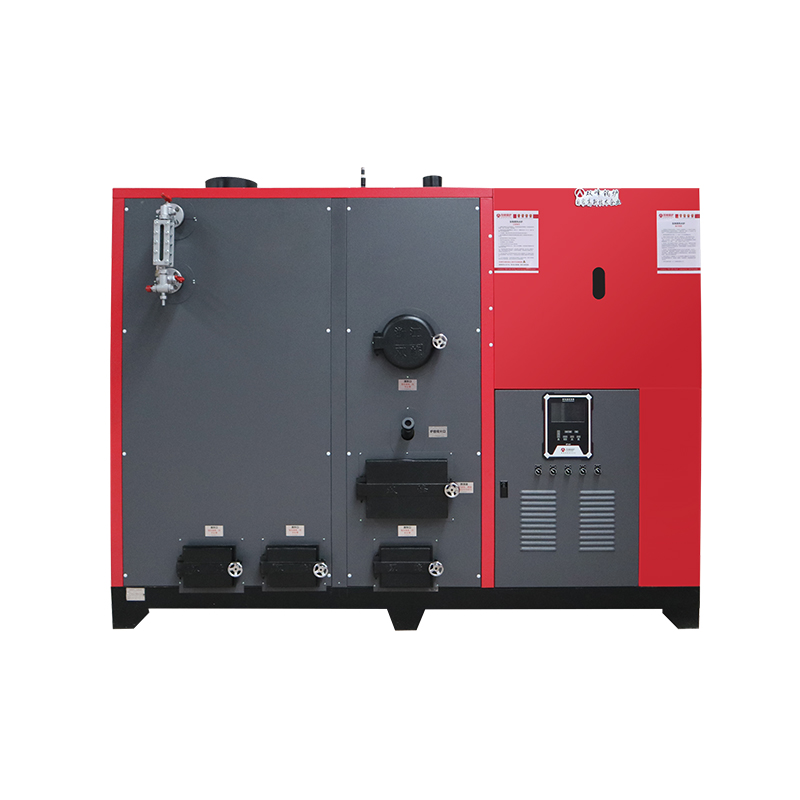+86-17757929999
In many homes, the upgrade to a Biomass Hot Boiler Heater emerges as a practical route to reduce fossil fuel dependence and support a healthier home environment. Industry figures show that the broader biomass boiler market reached about USD 5.5 billion in 2022 and is projected to grow to USD 22.8 billion by 2032, reflecting strong interest. Recent reports indicate a growth rate of 15.4% annually during that period.

Biomass Hot Boiler Heater and daily household heating: what users encounter
What is it like for a homeowner who adopts a Biomass Hot Boiler Heater? One long‑term user described regular tasks such as ash removal and fuel topping as part of the lifestyle. Although the system functions reliably after the initial adjustment, it requires familiarity. Key questions arise: How often must fuel be loaded? How frequently must ash be emptied? Some systems require manual loading several times per week in winter, while others with automated feed may reduce that effort. When compared to a modern gas boiler that may run unattended for months, the difference in user involvement stands out.
Biomass Hot Boiler Heater cost and fuel‑comparison against gas/oil systems
From a cost perspective the Biomass Hot Boiler Heater option presents interesting data points. A typical biomass installation in a home may cost several thousand pounds or dollars upfront, significantly higher than a standard gas boiler. Operating cost however may drop because fuel such as wood‑pellets or chips can cost substantially less per kWh than oil or electric heating. One data set indicates a domestic biomass boiler delivers efficiencies over 90%, similar to condensing gas or oil units. Meanwhile an industrial forecast showed biomass hot‑water boiler systems achieving compound annual growth rates exceeding 6%. The key comparison: if a gas boiler costs X per year in fuel, a biomass system might cost approximately 0.7 X or even 0.5 X depending on local fuel supply and system efficiency.
Biomass Hot Boiler Heater maintenance routines and user experience
Living with a Biomass Hot Boiler Heater demands attention. Tasks include ash disposal, hopper cleaning, fuel‑storage management. One user described the system as “on the whole consistent, yet occasionally prone to temperamental shut‑downs if the feed or ash isn’t managed correctly”. In contrast a standard gas boiler may demand far less frequent intervention. Thus the upgrade to biomass is a trade‑off: lower fuel cost and greener fuel source in return for increased user involvement and space for fuel storage.
Biomass Hot Boiler Heater and sustainability footprint at home
From a sustainability standpoint the Biomass Hot Boiler Heater offers a compelling narrative. When fed with sustainably‑sourced woody‑biomass or agricultural residue, the carbon output may be roughly offset by new growth, aligning to a circular‑carbon approach. In one case a facility replaced a coal‑fired boiler and projected CO₂ savings of over 14,000 tonnes annually. While that scale exceeds a residential heater, the principle carries into home systems. Users must however ensure fuel is dry, storage is suitable, and combustion remains efficient, else emissions of particulates or NOx may rise. Households that pair biomass heating with proper insulation and low‑temperature distribution systems realise stronger performance and lower overall environmental impact.
Biomass Hot Boiler Heater future household adoption trends
Looking ahead adoption of the Biomass Hot Boiler Heater in homes appears likely to climb. Data show the global biomass boiler market moving from USD 7.2 billion in 2023 toward an estimated USD 44.6 billion by 2033 at a CAGR near 20%. Consumers appear more willing to consider renewable‑fuel systems as electricity prices fluctuate and fuel‑supply volatility increases. For households in rural or semi‑rural areas with available biomass fuel or storage space the case strengthens. Urban homes may find it harder to accommodate fuel‑storage or ash‑handling infrastructure, thus limiting uptake.
In conclusion the Biomass Hot Boiler Heater emerges not only as a technical option but a lifestyle decision in home heating. For homeowners prepared to engage in the operational adjustments it offers lower fuel cost, strong efficiency potential, and a credible sustainability story.